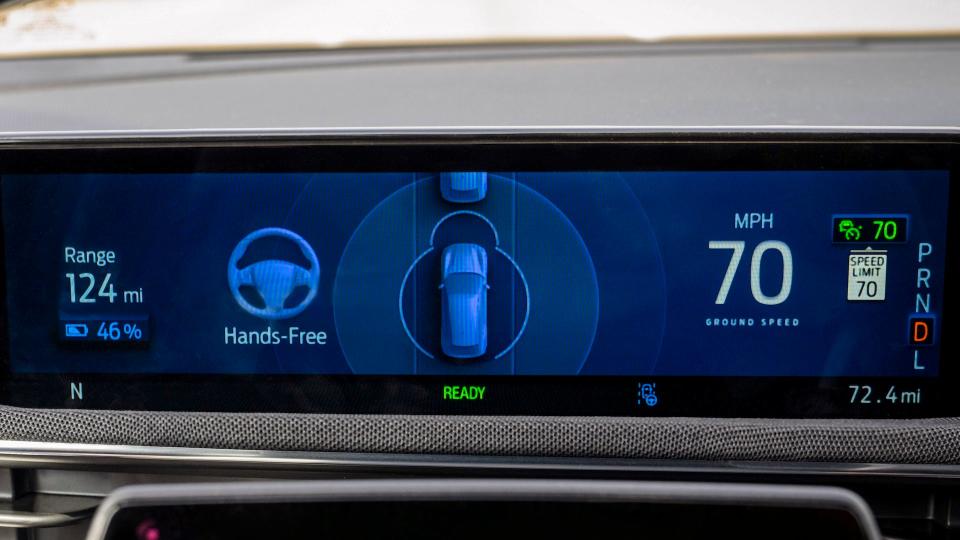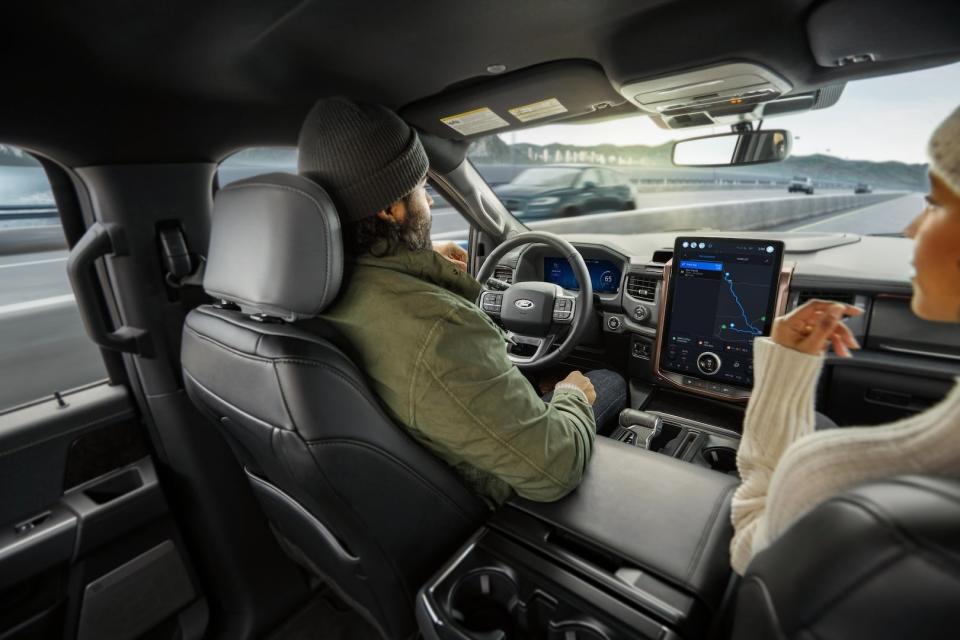Ford's Hands-Free BlueCruise Was Active in Fatal Crash, Officials Say

The National Transportation Safety Board has found that Ford's hands-free highway driving assist BlueCruise was active during a fatal crash in February. Its investigation places one of the leading commercially available driving assist under scrutiny, and the outcome might jeopardize the future of automated driving tech in the United States.
The crash in question occurred on February 24 around 9:50 pm, when a Ford Mustang Mach-E traveling on Interstate 10 through San Antonio, TX rear-ended a stationary Honda CR-V. An NTSB statement reported by Reuters indicates a witness saw the Honda immobile in the road with its lights off before another vehicle impacted it, fatally injuring the Honda's driver. The NTSB has now reportedly confirmed that the Ford was being driven with BlueCruise active, adding that it's also investigating a second Mach-E crash in Philadelphia, PA where two were killed.

BlueCruise is Ford's marquee automated driving assist technology, which enables hands-free driving on some highways. Unlike some automakers, Ford doesn't tout this system as autonomous or "self-driving," and instructs drivers to keep their eyes on the road. The vehicle also enforces this with driver monitoring that deactivates the program if the driver is suspected of becoming distracted. BlueCruise is widely held to be one of the most capable such systems available to U.S. consumers, alongside General Motors' comparable Super Cruise—though GM's system is usable in more places.
This crash is significant because it's the first to involve a hands-free driving assist available to the public, rather than a driverless vehicle like GM's Cruise AVs, or a less capable hands-on system like Tesla's. BlueCruise's implication also highlights the failure of Ford's other passive safety technologies, such as Co-Pilot360, which features forward collision warning, automated emergency braking, and "evasive steering assist" that can aid a driver in swerving around an obstacle.

 Yahoo Autos
Yahoo Autos 